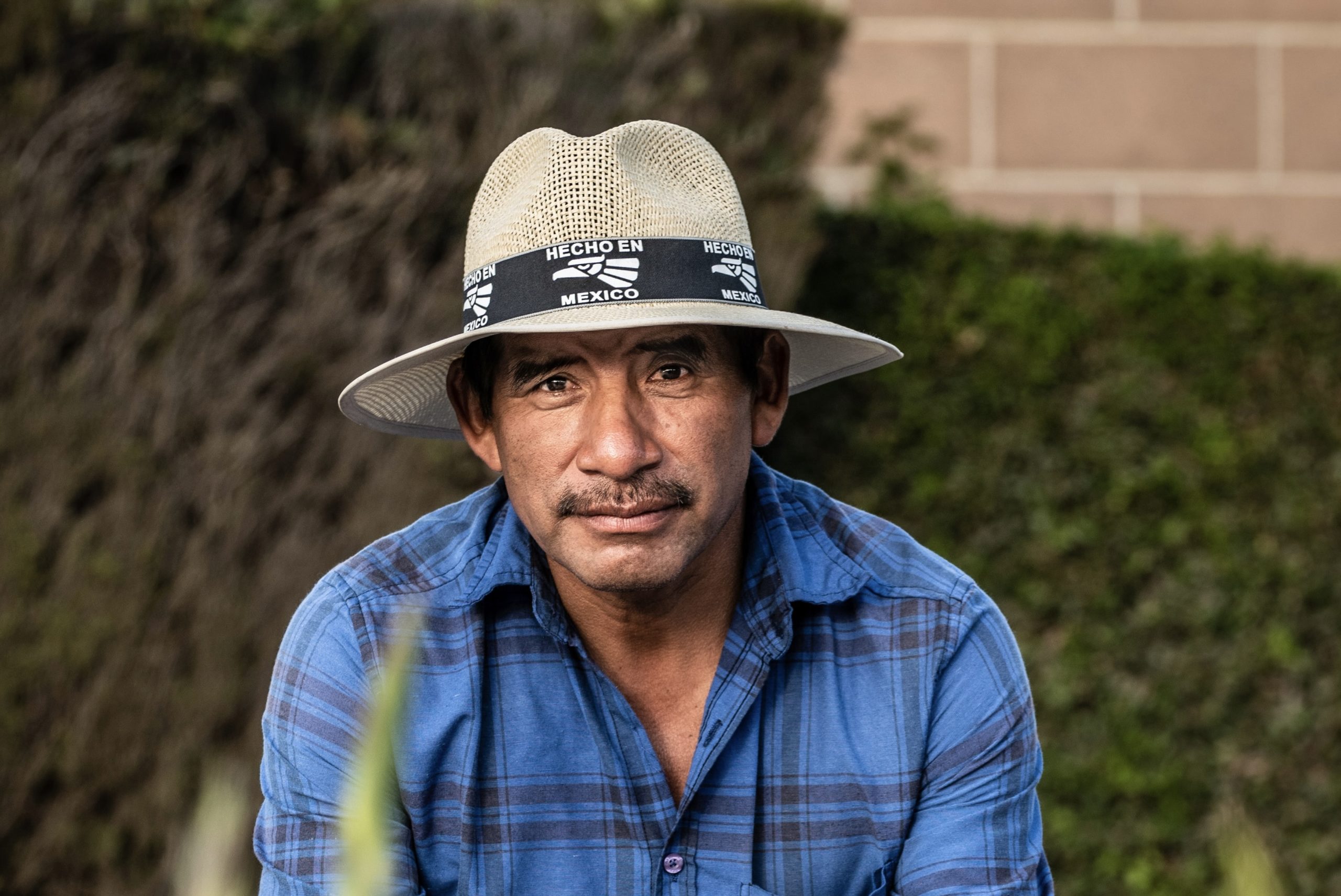On Fridays we bring you the week’s best from around the web. This week’s round-up includes an explanation for why capitalism has reduced the number of wars, a qualified defense of income inequality, and more.
“Learn to Stop Worrying and Love Income Inequality” by Stan Veuger, U.S. News & World Report
All in all, this research suggests that some 20 percent of the increase in the share of income going to the top 1 percent since the mid-70s was caused by innovation alone. That may not sound like that much—but of course, we can’t just eliminate only the inequality we don’t like and keep the inequality that incentivized people to innovate. Bad news, perhaps, for those who would like to spread the wealth around.
“The United States of Diversity” by Charles Murray, Commentary
You may reasonably question whether America at the Founding was truly as culturally diverse as it is now. After all, the free population consisted almost entirely of Protestants whose ancestors were English or Scottish. And yet it was.
“Renaissance: The Power of the Gospel However Dark the Times” Os Guinness, Acton Institute
We live in dark times. Christians wonder: Are the best days of the Christian faith behind us? Has modernity made Christian thought irrelevant and impotent? Is society beyond all hope of redemption and renewal? In “Renaissance,” Os Guinness declares no.
“Steven Pinker Explains How Capitalism Is Killing War” by Zack Beauchamp, Vox
The idea that war is on the decline—that is, that there are fewer wars today and fewer people are dying from them than ever before—is hard for a lot of people to believe. And yet the data makes a very compelling case that that’s true.
“How to Not Be Depressed About National News” by Brian Brown, Center for a Just Society
“Restoring All Things” is a book for people who want to take the problems of the family, the community, the church, and pitch in with both hands to help make something better. That’s because it’s a book that is filled almost entirely with stories of people who, usually on a human scale, are doing exactly that.



